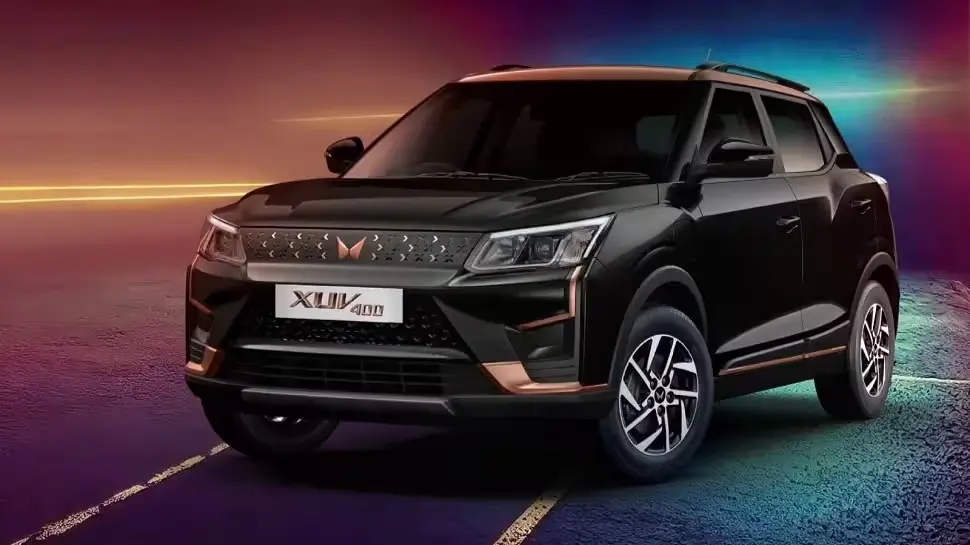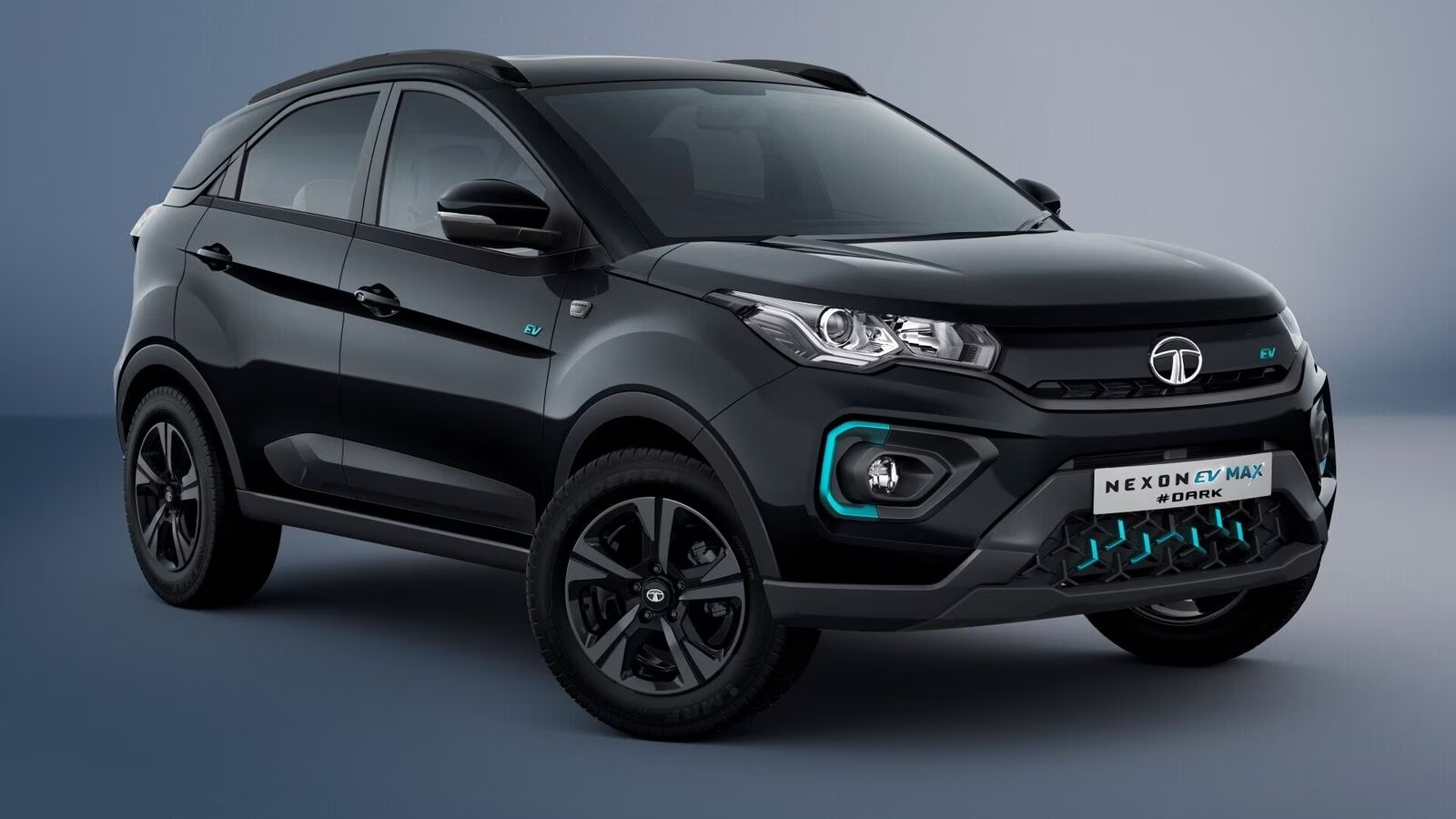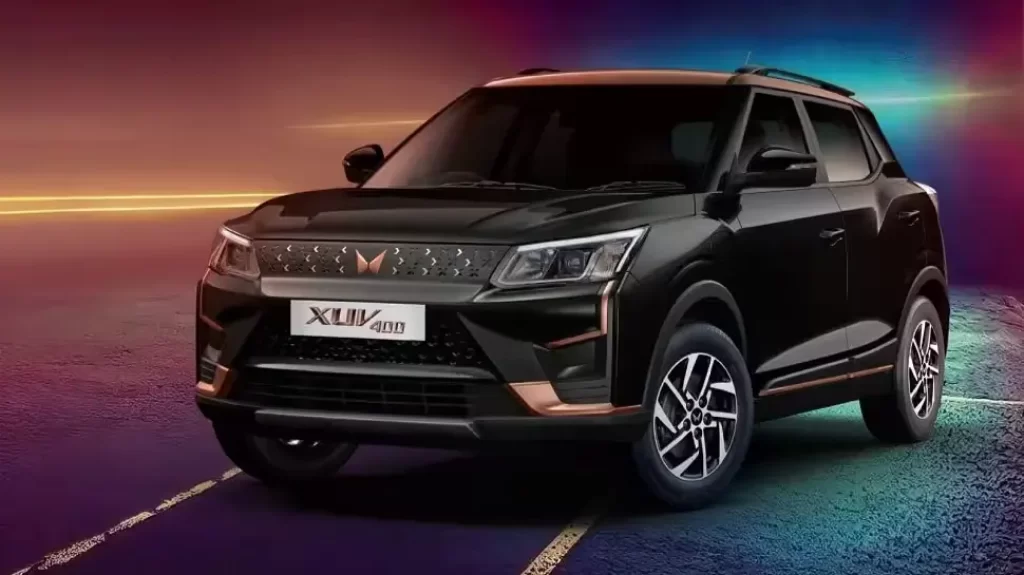
Indian conglomerate JSW Group has announced its entry into the electric vehicle space with a new SUV model. Called the JSW Neo, the SUV will compete directly with the Mahindra XUV400 and Tata Nexon EV in the rapidly growing EV market in India.
According to data from Singapore-based market analyst Canalys, EV sales in India increased 137% to 48,000 units in HICY23 compared to H1CY22. JSW Group, led by Sajjan Jindal, intends to enter India’s competitive EV environment by launching an electric car in the Rs 15-20 lakh price bracket.
Tata Motors has a 72 percent dominance of the EV market with 34,000 electric vehicles sold in the first half of 2023, thanks to successful models such as the Tiago, Nexon, and Tigor. Tata has previously confirmed intentions to launch four further EVs by 2024.
Also read: Tata Motors electric vehicle division was renamed as Tata.ev
By entering the Indian market, JSW’s new EV will compete directly with the Tata Nexon EV Max, whose basic model starts at Rs 16.49 lakh, and the Mahindra XUV400, which starts at Rs 15.99 lakh. While the Citroen eC3 from France has a starting price of Rs 11.50 lakh.

MG Motor, India’s second-largest EV manufacturer, with a 10.8 percent market share, and Mahindra, with a 9% market share, have strong intentions to expand in the industry. MG Motor plans to invest $607 million in a second factory to produce EVs, increasing its combined production output to roughly 300,000 cars per year. It is also building a battery assembly plant in Gujarat. Its
The MG ZS EV costs Rs 23.38 lakh, while the freshly debuted MG Comet EV costs Rs 7.98 lakh.
Other multinational competitors, including as Hyundai, Volkswagen, and Tesla, are also aggressively expanding in the Indian market. Hyundai Motor India, which sells the Ioniq 5 for Rs 45.95 lakh and the Kona Electric for Rs 23.84 lakh and above, plans to invest Rs 200 billion in an electric vehicle ecosystem in Tamil Nadu, including the establishment of a battery pack assembly with an annual capacity of 178,000 units, the installation of 100 charging stations on major highways, and the introduction of new electric models by 2032.
Volkswagen, on the other hand, plans to electrify 30% of its passenger vehicle lineup in India by the end of this decade and will launch its first electric car, the ID.4, the following year.


After much back and forth, Elon Musk’s Tesla visited India a few weeks ago to discuss possible local component sourcing, car and battery production incentives, the establishment of a factory to locally produce EV batteries, and so on. They also want to expand Tesla’s supply chain beyond China.
The Indian EV sector, which now accounts for 2.4% of the overall Indian automotive market, is ready for JSW’s debut. It was reported in January 2023 that the JSW company is planning to enter the manufacturing of electric automobiles in India.
Jindal had planned to enter the EV market through his listed business JSW Energy in 2017, but the proposal was scrapped when certain shareholders complained. In addition, the corporation is in talks with MG Motor about acquiring a stake in the Chinese firm.







